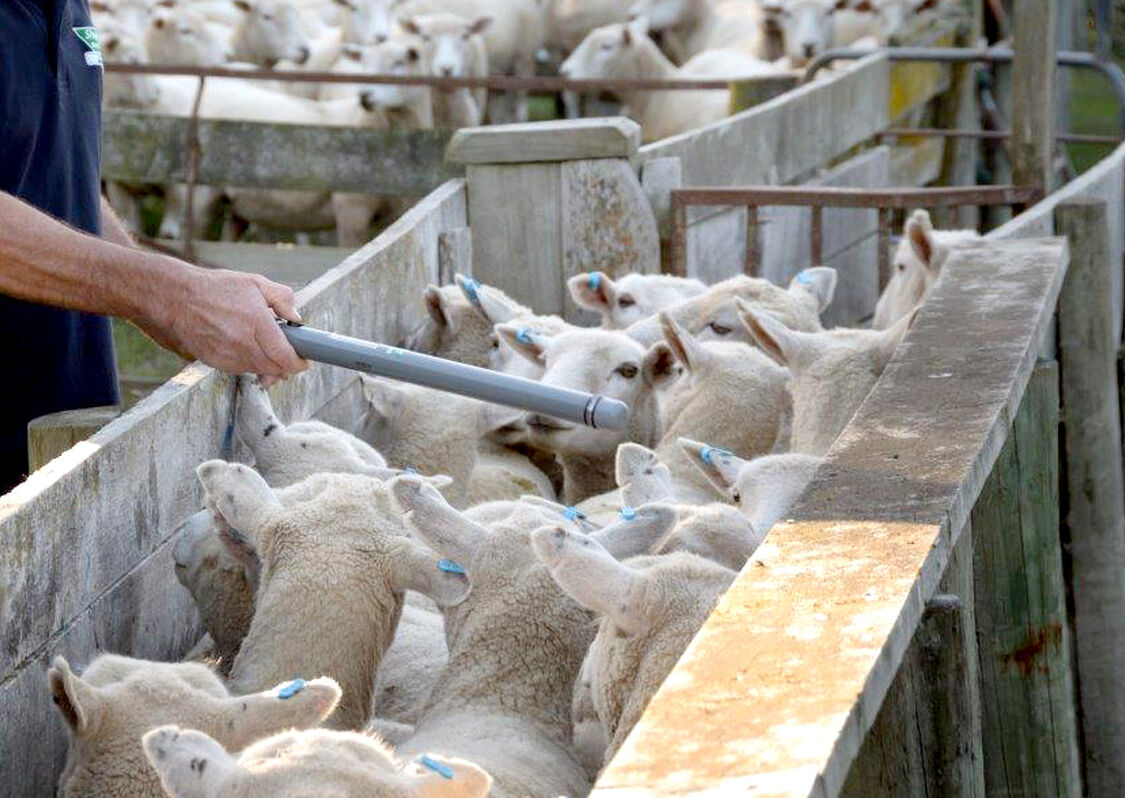The NSW Government has received unanimous support for the development of a national, industry-led mandatory sheep and goat electronic identification (eID) system during a meeting of Australian Agriculture Ministers.
NSW Minister for Agriculture Dugald Saunders said there is now a strong mandate to start working on how best to implement a national system for sheep and goats.
“Individual traceability for sheep and goats will be critical in the event of an emergency disease outbreak like Foot and Mouth Disease in Australia,” Mr Saunders said.
“It’s also great to see NSW Farmers throw their weight behind a national eID system for sheep and goats during an emergency vote at their annual conference.”
Mr Saunders said a national framework will be urgently developed by federal and state agricultural departments with industry input for consideration at the next meeting of agriculture ministers.
“My commitment to sheep and goat producers is that they will have their voices heard during all stages of the implementation and development of a national traceability system.”
Sheep Producers Australia (SPA) and WoolProducers Australia (WPA) has welcomed the agreement to advance a national approach to Australia’s livestock traceability system and the recognition of the urgent need for individual identification for sheep, and seeks clarity on the next steps and the opportunity to collaborate.
“The rapid and reliable tracing of sheep plays a significant part in an emergency disease response. The faster the animals are traced the greater the chance of controlling the disease outbreak and so minimising its economic and social effects. As a sector, we have consistently highlighted that the consequences of failing to strengthen our traceability system is unacceptable,” said Bonnie Skinner, SPA CEO.
The AMM communique notes our Agriculture ministers acknowledge the seriousness of the biosecurity threats and recognise biosecurity is a shared responsibility between governments, industry and the community.
SPA has been deliberately and proactively working on the continual improvement of Australia’s livestock traceability capability since 2018 and supports whole-of-system traceability reform, of which individual electronic identification (eID) is a vital component.
“Whilst trials indicate that eIDs deliver quicker tracing of livestock movements, which is critical for any Emergency Animal Disease (EAD) incursion response, these tags will only be effective if the underpinning systems are robust and nationally harmonised.” Jo Hall WPA CEO.
This includes investment into the database, sustainable and equitable cost-sharing arrangements, and establishing a statutory governing model that can hold all stakeholders to account.
“For mandatory eIDs to succeed the state governments, under whose remit traceability falls, must come together quickly to agree to determine and adhere to guaranteed nationally harmonised business rules. The first step in the sheep traceability reform is to agree to these rules and how they will be implemented consistently.” Ms Hall.
SPA and WPA know that the cost to transition the sheep industry from mob-based to individual identification, and the associated system changes required to support that transition, is the most significant step in evolving into a more robust system.
“It must be recognised by government and the general public, that loss of market access for Australian livestock products including wool and meat due to a disease outbreak will be devastating not just to industry but to the entire Australian economy, it is therefore essential that appropriate cost sharing arrangements for the establishment and maintenance of such a system is agreed to by industry and government.” Ms Hall.
“Given the inherent complexity of traceability, it is only through national cooperation and collaboration that we can strengthen the current system and evolving to the system we need with the required level of urgency. We look forward to working collaboratively with government, industry stakeholders and producers to develop and implement a national eID system that works for everyone throughout the supply chain.” Ms Skinner.
SPA and WPA acknowledge the announcement of a new Commonwealth biosecurity taskforce to be established, ensuring Australia is fully prepared to respond swiftly to growing biosecurity threats, and welcome additional measures to strengthen Australia’s biosecurity.
A whole-of-industry Sheep Traceability Steering Committee has been established by Livestock SA to assess the benefits, risks and costs of implementing a mandatory electronic identification (eID) system for sheep and goats in the state.
The committee will advise and support Livestock SA to make sure any changes to sheep and goat traceability systems are appropriate and best suited to the state’s needs as assessed by industry.
